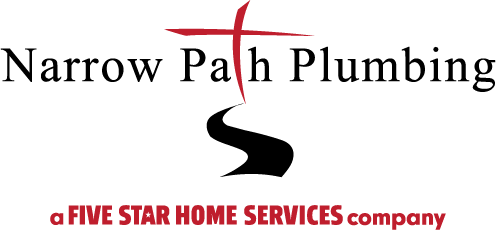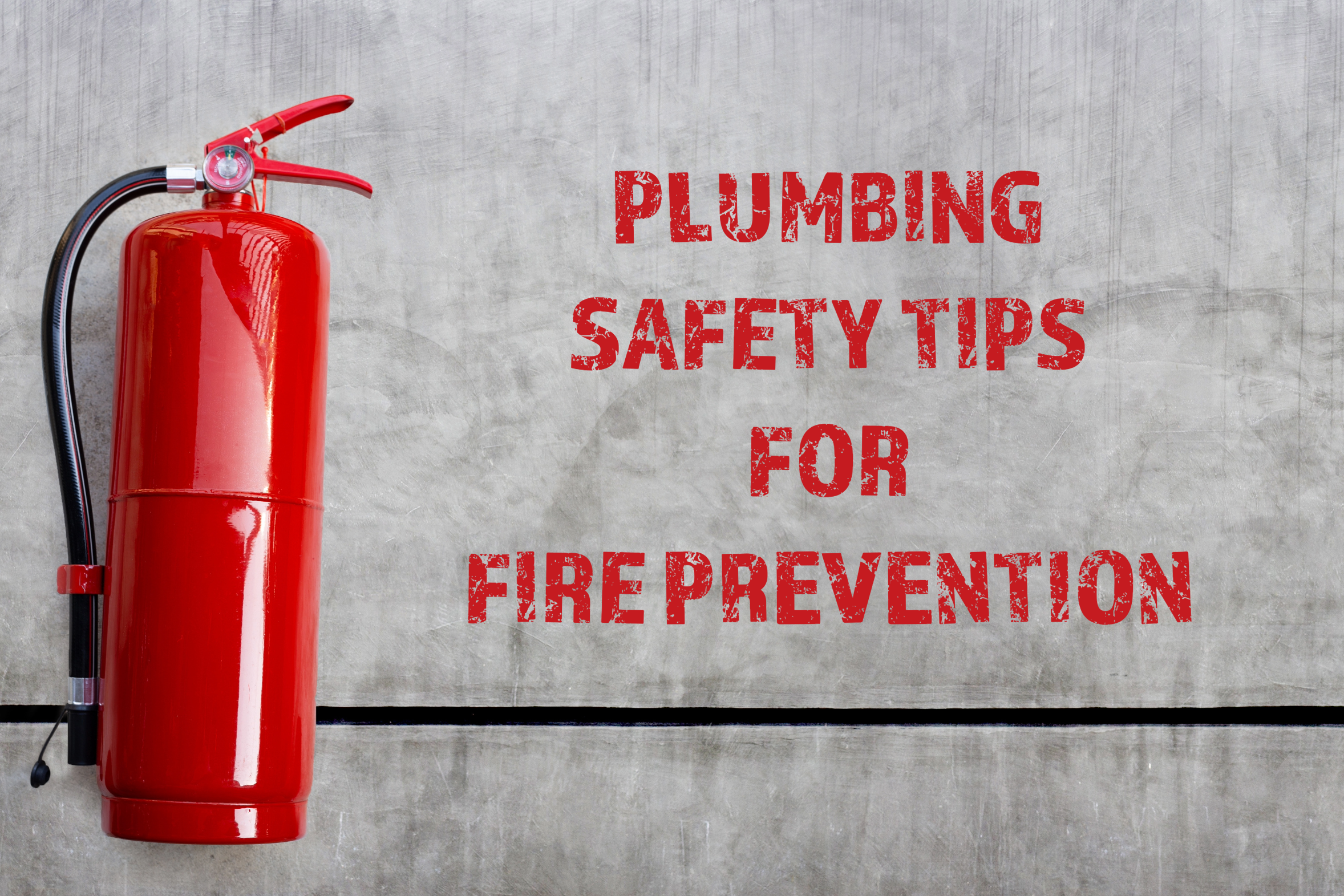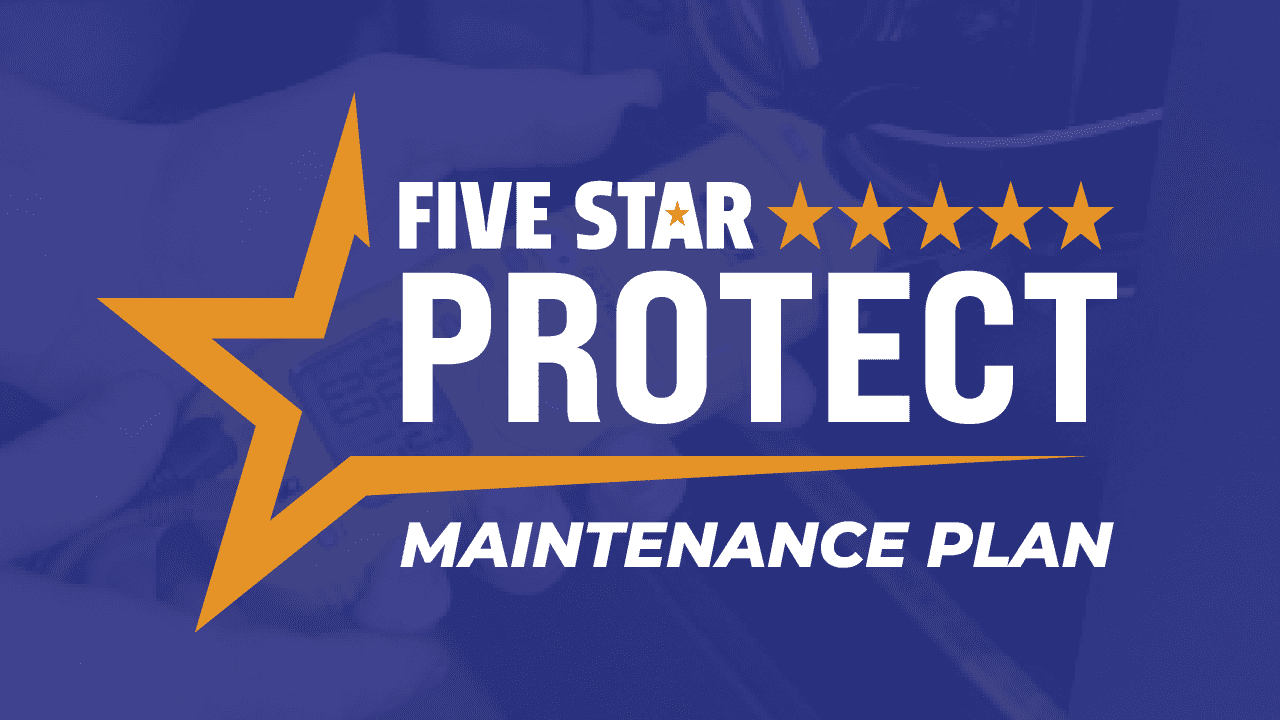October holds a significant role as Fire Prevention Month, a tradition rooted in the establishment of National Fire Prevention Week back in 1922. This commemoration initially arose to honor the memory of the Great Chicago Fire of 1871 and has since evolved to span the entire month. Each year, the statistics remind us of the staggering reality: approximately 358,500 house fires occur, with approximately 5,400 traced back to water heaters. Now, it is crucial to clarify that these figures do not cast water heaters as being dangerous. Instead, your Narrow Path Plumbing experts are here to help highlight the importance of responsible practices and vigilant maintenance to prevent potential issues from escalating.
What Are the Safety Risks Between Gas and Electric Water Heaters?
Before we delve into the specific safety guidelines, let’s talk about the differences between gas and electric water heaters. While their energy sources are different, their operational mechanisms share similarities. While the ongoing topic regarding which type is superior is still up for debate, our primary focus today is grasping the intricacies of their energy sources and how they function.
Gas Water Heaters: These appliances use natural or propane gas to heat water, potentially introducing the risk of gas leaks and the formation of flammable vapor. So, with negligence and improper practices, the risk of a gas leak and subsequent contact between the flammable vapor and an ignition flame raises a concern. The great news is that most contemporary water heater models feature sealed compartments at their base, effectively shielding the ignition flame from potential exposure to flammable vapors. But as an added safety precaution, we highly recommend installing a Carbon Monoxide & Explosive Gas Detector in your home regardless of your water heater’s age. These advanced alarms offer the capability to detect not only carbon monoxide but also natural gases such as methane and propane.
Electric Water Heaters: In contrast, electric water heaters solely rely on electricity for operation, necessitating vigilant monitoring for signs of overheating or electrical fires. (For a more in-depth exploration of this subject, please click here.) Just keep in mind that should the water heater’s temperature exceed 140ºF, you should try lowering it. However, if the issue persists, it would be best to seek professional assistance. As a general guideline, water heaters are typically set within the range of 120ºF to 140ºF.
What are Some Safety Measures for Water Heater Fire Prevention?
- Flammable Material Safety: No matter where your water heater is located, you should first make sure that flammable materials are stored securely at a considerable distance from your water heater and its immediate vicinity. Given that many water heaters are located in garages, it is common for flammable items to be in close proximity. Items you should keep away from your water heater include but are not limited to paint cans, empty gasoline containers, oily rags, household chemicals, cleaning products, cardboard boxes, stacks of paper, wood furniture, plastic bottles, and even outdoor lawn care items such as lawnmowers that run off gas.
- Shut-off Procedure Familiarity: Next, you should become familiar with how to turn your water heater off if you do not already know how to. While you may not anticipate an immediate need for this knowledge, its immense value becomes evident in situations that demand swift and decisive action.
- De-clutter for Enhanced Safety: The practice of maintaining an uncluttered space in the vicinity of your water heater is essential. You’ll want to leave enough “breathing room” for your water heater, ensuring unhindered airflow. The accumulation of items around or in front of your water heater will obstruct vital airflow and present a huge fire hazard.
- Annual Plumbing Inspections: Enlisting the services of a certified plumber to perform an annual plumbing inspection is a great way to proactively practice proper maintenance. A plumbing inspection will include a thorough examination of your plumbing system’s components, ranging from pipes and drainage systems to sinks, toilets, showers, water heaters, and other plumbing-related appliances. The benefits are twofold: it maintains the integrity of your plumbing system and detects potential issues in their beginning stages, thereby avoiding the development of more substantial fire and safety hazards.
The practice of safety measures and responsible water heater maintenance is invaluable. Our utmost priority is to guarantee the safety and well-being of both you and your family. Give us a call to learn more about our Whole Home Protection Plan. We’ve got you covered when it comes to keeping your home and HVAC system in tip-top shape!
Stay safe and call Narrow Path Plumbing for all of your plumbing needs today at (937) 623-2619, or schedule an appointment online now by clicking here!





